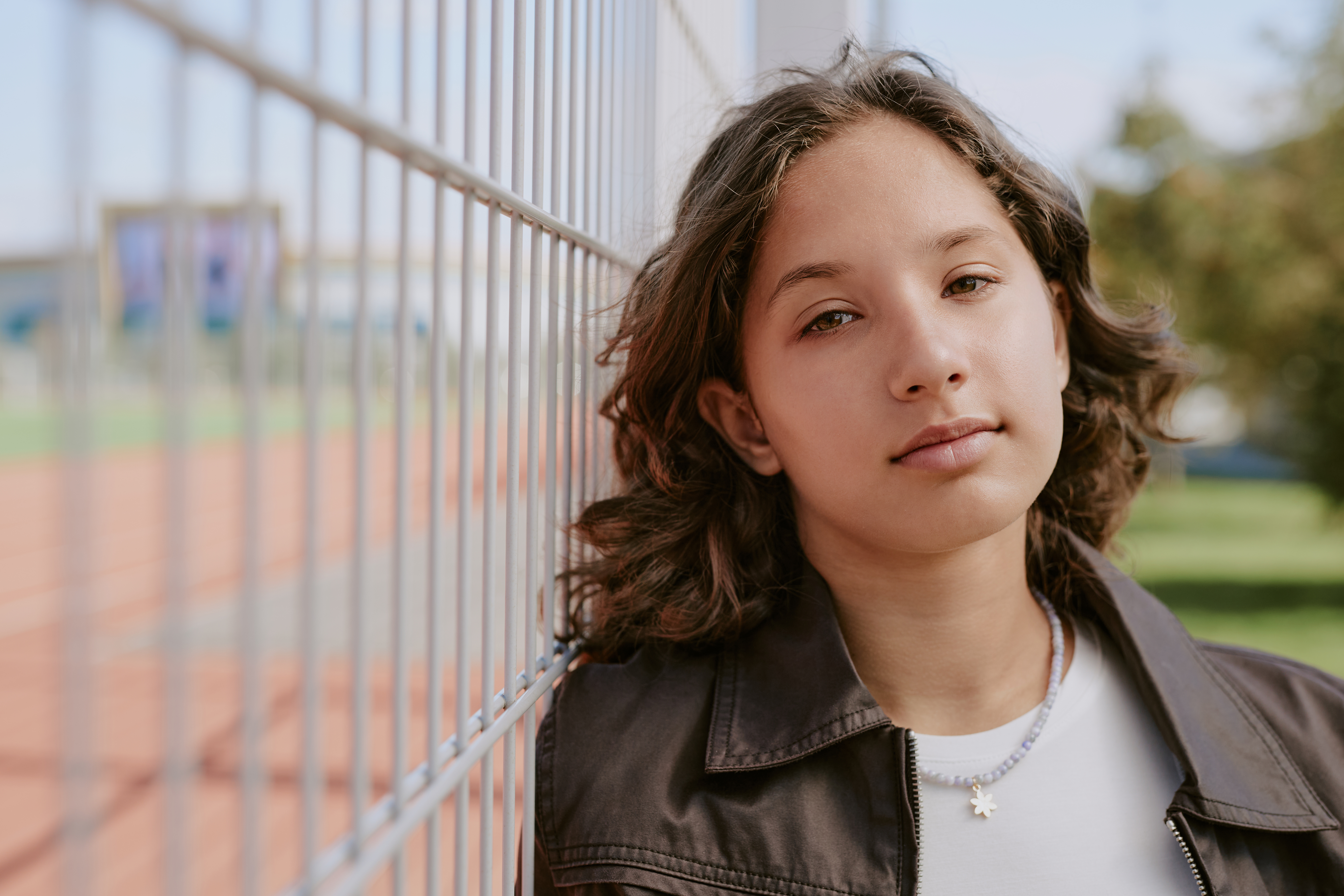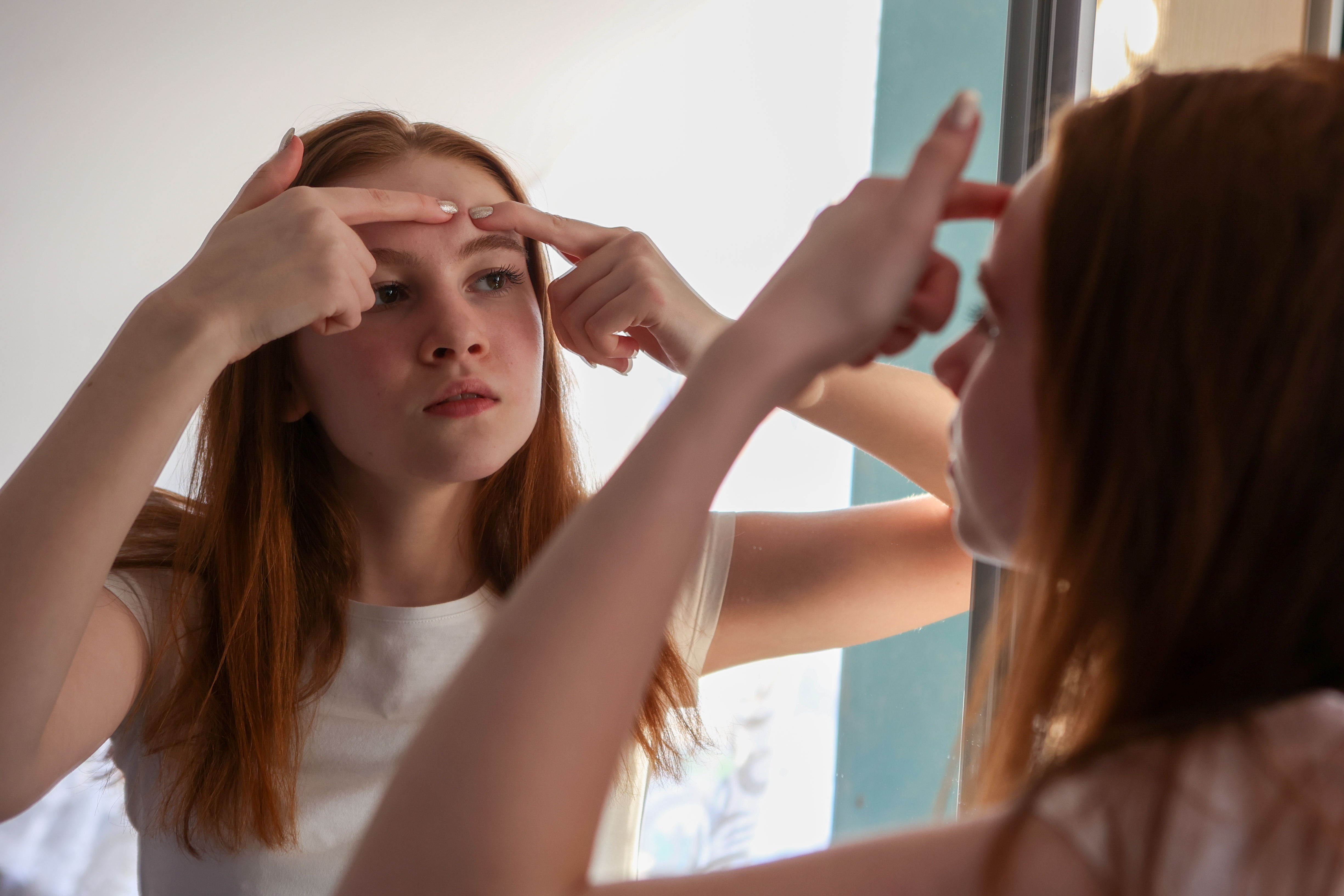18 Puberty Red Flags Pediatricians Say You Shouldn’t Ignore
Puberty rarely knocks—it drifts in, quietly reshaping your child’s world before anyone’s fully prepared. One day they’re giggling over cartoons, the next they’re moody, private, and growing out of everything overnight. While some shifts are textbook, others are so subtle they’re easy to miss—or dismiss. But pediatricians say these early signs matter. They’re not just about physical changes; they can signal deeper shifts in mood, metabolism, hormones, and mental health. That’s why we’ve expanded our guide to 18 Puberty Red Flags Pediatricians Say You Shouldn’t Ignore—a practical, science-backed look at the less obvious clues your child may be entering adolescence. From sudden sleep changes to increased body odor or isolation, these red flags help you catch what’s happening beneath the surface—so you can respond early, wisely, and without panic. Puberty doesn’t come with a roadmap, but with the right awareness, you can show up as the calm, informed guide your child truly needs.
1. The First Signs: Growth Spurts

One of the earliest signs of puberty is the onset of growth spurts. These rapid increases in height and weight can occur seemingly overnight and often catch parents by surprise. Pediatricians note that these growth spurts are typically more pronounced in girls between the ages of 9 and 12 and in boys between 10 and 13. During this time, children may experience growing pains, increased appetite, and a need for more sleep. It's important for parents to ensure that their child maintains a balanced diet and gets adequate rest to support healthy growth. Encouraging physical activity can also help manage the physical changes associated with growth spurts.
2. Skin Changes: Acne and Oiliness

As puberty progresses, hormonal changes can lead to increased oil production in the skin, resulting in acne and other skin issues. This is a common concern during the tween years, affecting both boys and girls. Pediatricians recommend teaching children about proper skincare routines to manage these changes. Gentle cleansing, using non-comedogenic products, and avoiding excessive touching of the face can help reduce breakouts. It's also important to address any emotional distress caused by acne, as it can impact a child's self-esteem. Encouraging open communication about body changes can help children feel supported and understood.
